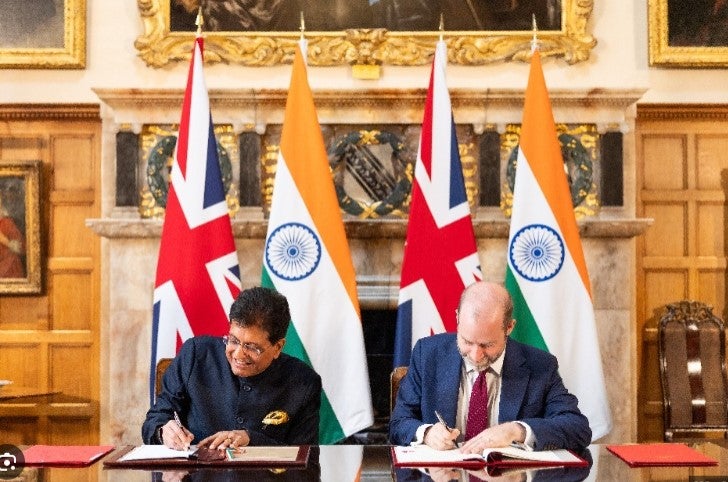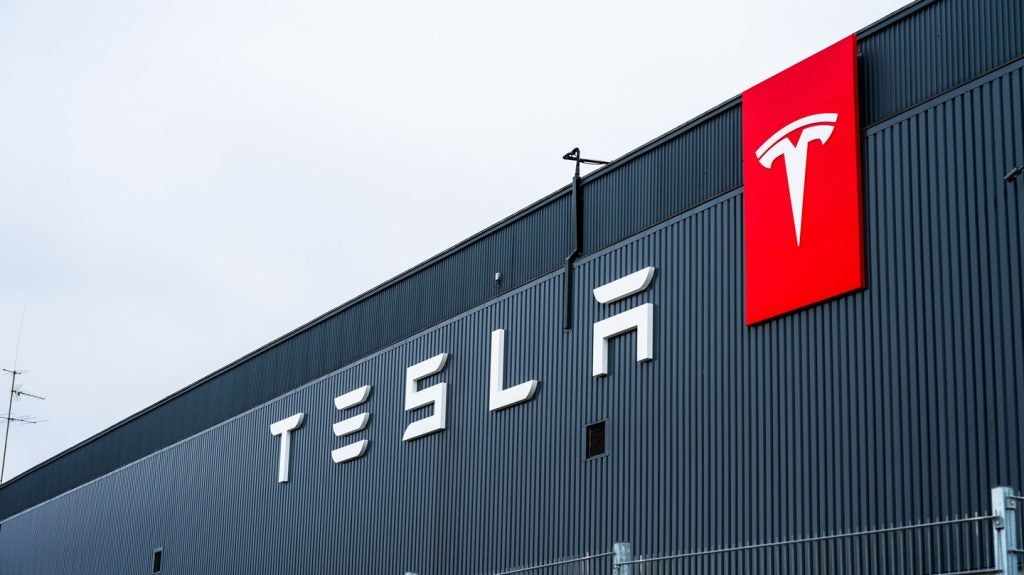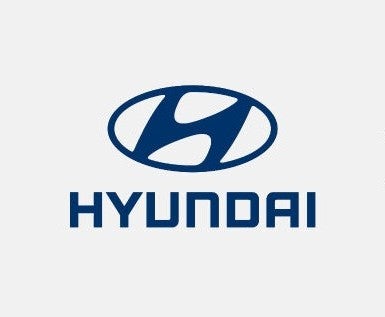There appears to be a mixture of reactions in the British automotive industry to the trade deal struck this week between the UK and India, though there is a general consensus that the deal opens up more opportunities for UK companies in the world’s third largest automotive market.
The Financial Times newspaper reported that under the agreement, many UK car exports to India will face import tariffs as high as 50% in the early stages of the deal and will not fall to headline 10% until 2031, with a quota or overall sales volume cap also applying into the next decade. Beyond the quota limits, which could be set at several thousand units a year, standard duties (around 100% on finished vehicle imports) will continue to apply.
The FT reported that there was some disappointment in the UK industry that the tariffs on India shipments won’t come down sooner and that the vehicle sales cap – or quota, for lower tariffs eligibility - will likely be set at a low level.
Nevertheless, Tata Motors owned Jaguar Land Rover (JLR) put out a positive reaction. A JLR spokesperson said: “We welcome this free trade agreement between the UK and India, which over time will deliver reduced tariff access to the Indian car market for JLR’s luxury vehicles.
“India is an important market for our British built products and represents significant future growth opportunities.”
JLR makes almost two-thirds of what it sells in India in India (Pune plant), with the CKD parts and kits attracting just a 15% import duty. Last year JLR assembled around 2,300 vehicles in India, including Range Rover, Range Rover Velar, Discovery Sport, Range Rover Evoque and Jaguar F-Pace models.
Mike Hawes SMMT chief executive, hinted at necessary compromises in the trade deal, but highlighted the opportunities ahead: “The UK-India trade agreement represents a significant achievement, partially liberalising the Indian automotive market for the first time.
“While the highly complex deal confirms some compromises, its entry into force will provide commercial opportunities for UK manufacturers who will be able to access vastly reduced tariffs on internal combustion vehicles from day one, and on electrified vehicles and parts in the longer term.
“To ensure maximum and timely benefit, we now need rapid ratification and renewed efforts to agree fair and workable solutions on tariff-rate-quotas administration.”
GlobalData analyst Jonathon Poskitt also highlighted the opportunities ahead and the need for UK vehicle makers to consider their CKD/CBU mix and localisation strategies in India under the new trade arrangements. He said: “The devil is going to be in the details that eventually emerge of course, particularly on the quotas and also what applies to electrified vehicles, rather than just petrol and diesel cars.
“UK companies that have a mix of local production in India and that can import high-end models able to benefit from lower tariffs will be able to optimise their mix under the new rules.
“Obviously the opportunities will be considerable in what is going to be a high-growth market with rising demand for premium and luxury products over the next decade.
“There are also opportunities in the other direction too, for manufacturers such as Maruti Suzuki and Mahindra, in the UK market.”

















